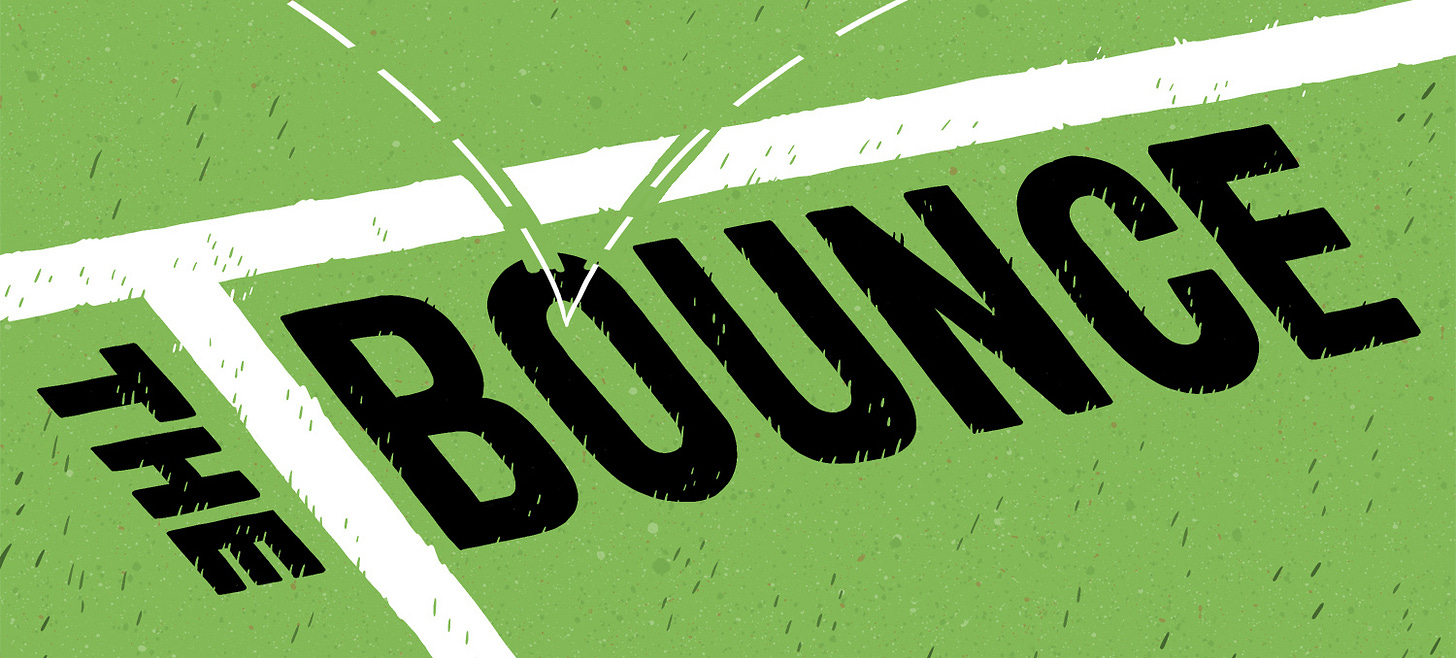Letter to Ezra, Pt II
The conclusion of Justin Paul's brilliant essay, PLUS: The BYC eats into the rotting flesh of the Hadlee-Chappell series.
Below is the second instalment of former first-class cricketer Justin Paul’s evocative essay, Letter to Ezra. The first part was posted this morning.
Letter to Ezra first ran in The Nightwatchman. It is part of a wider project, which includes conversations with the best players Justin has played with or against including Dion Nash, John Aiken and Mark Ri…
Keep reading with a 7-day free trial
Subscribe to The Bounce to keep reading this post and get 7 days of free access to the full post archives.


